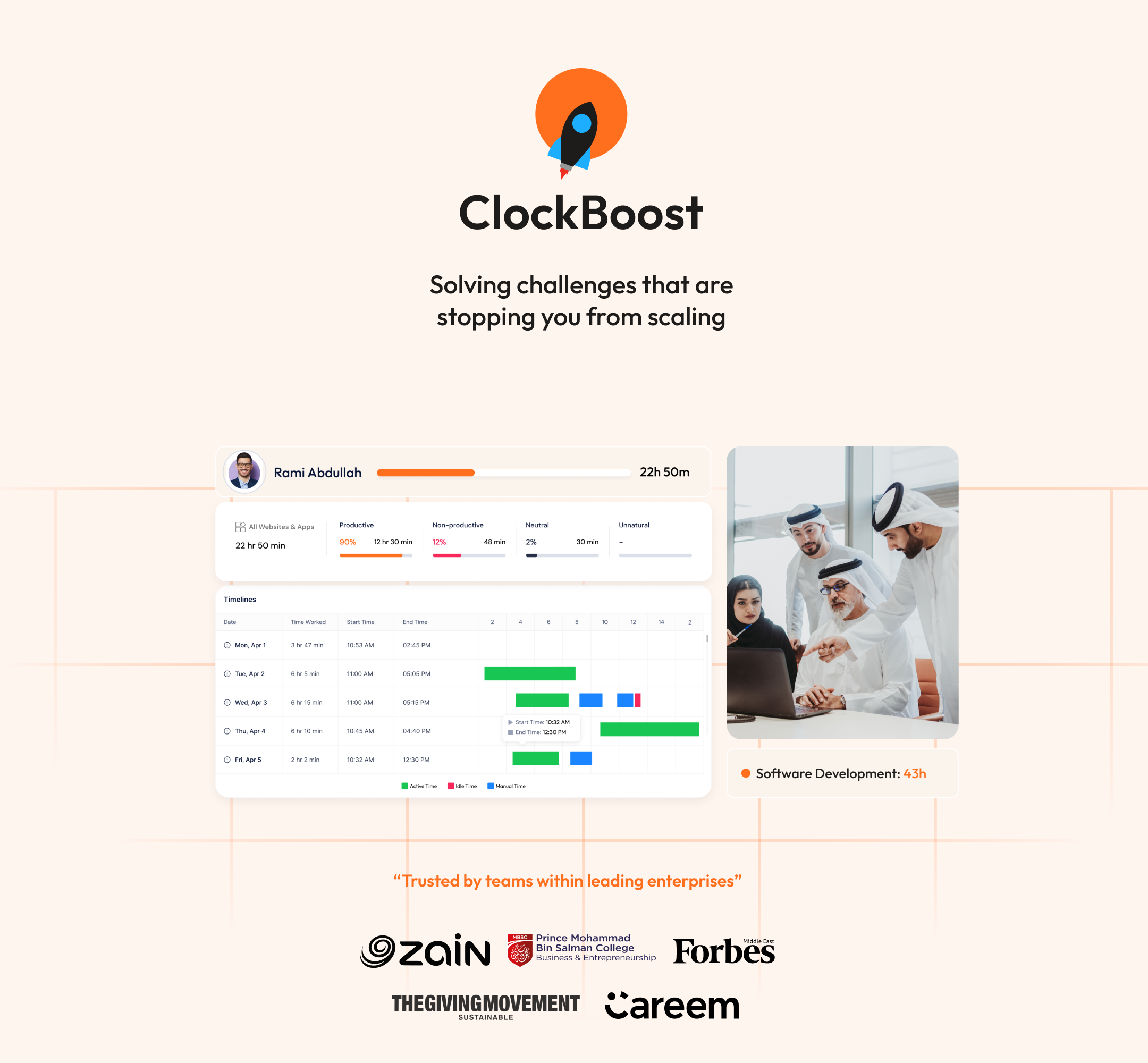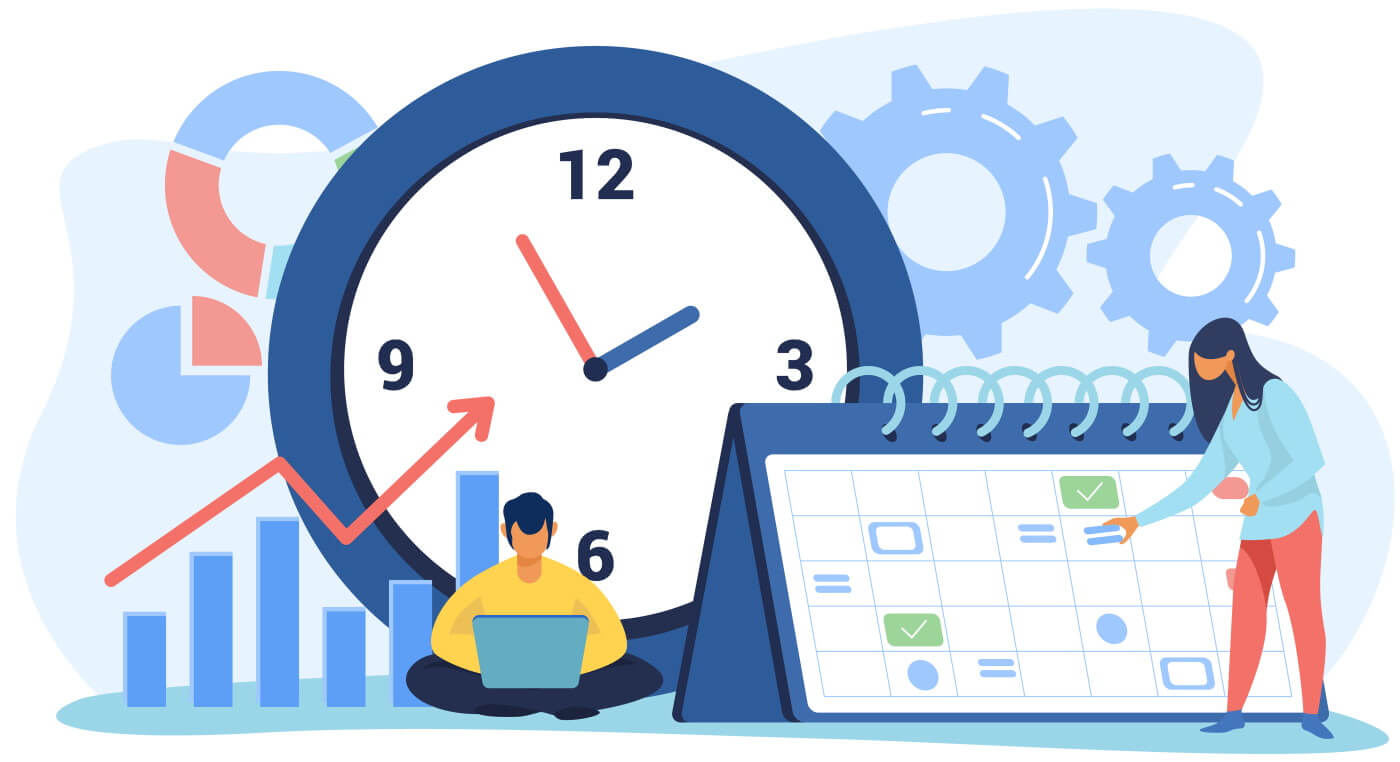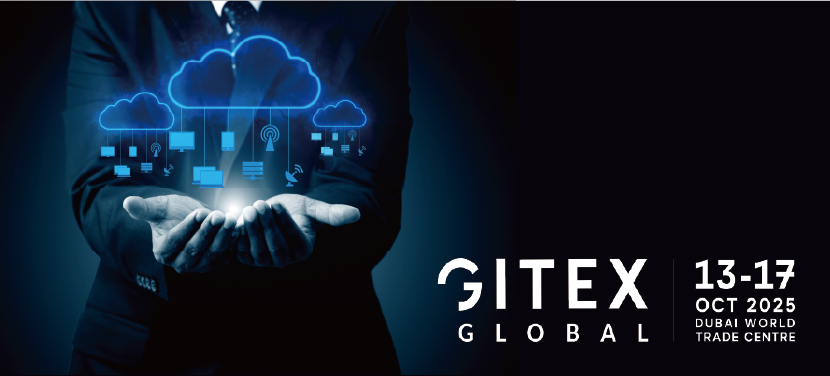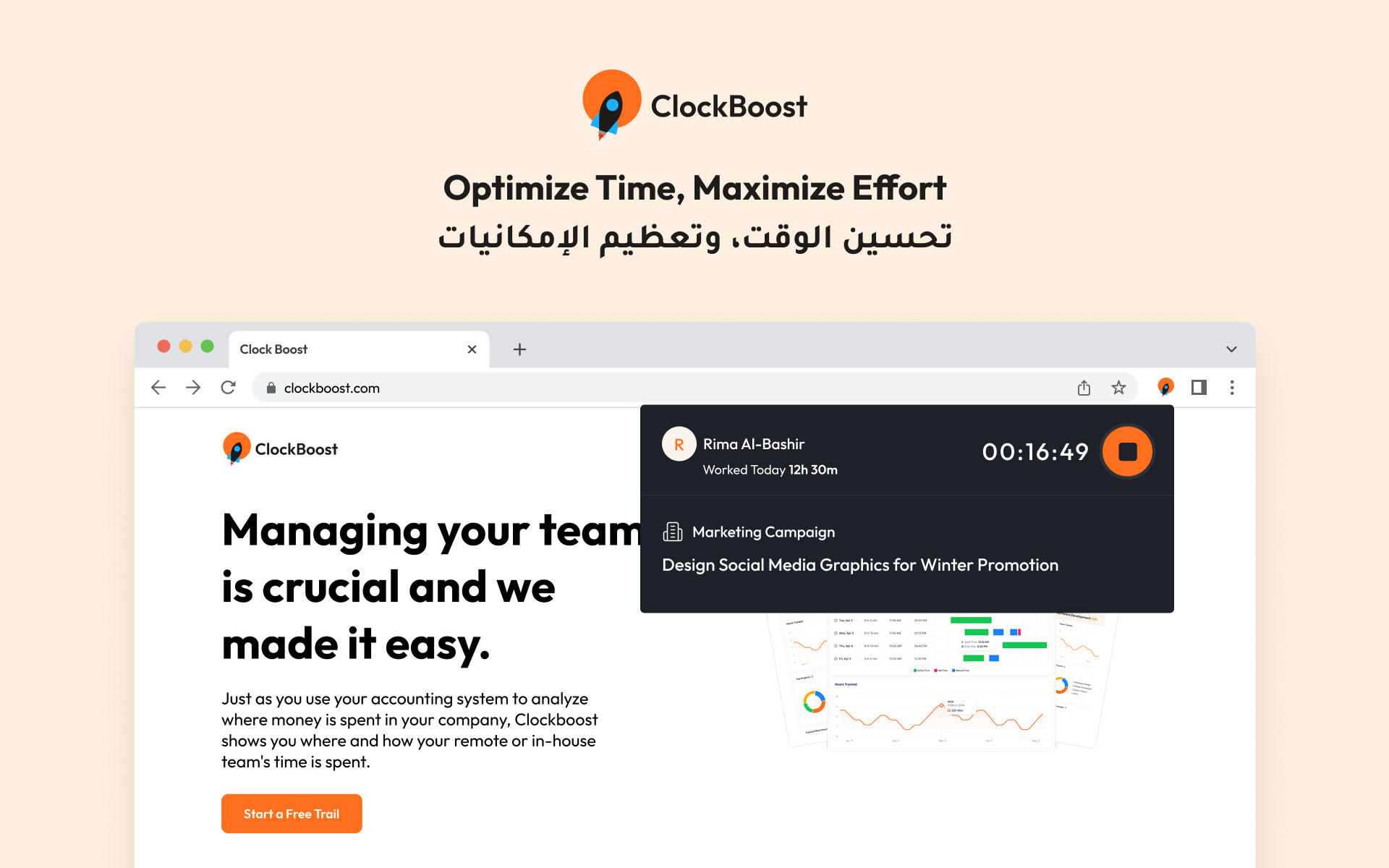
Time Tracking for Digital Agencies: Maximize Billable Hours Without Micromanaging
Introduction: Balancing Creativity with Profitability
Running a digital agency means operating at the crossroads of creativity and commerce. Whether you're crafting ad campaigns, designing websites, or shaping brand strategies, your core offering is innovation. But creativity alone doesn't sustain an agency—profitability does. And profitability depends on how you track, manage, and monetize time.
Time tracking for agencies isn’t about clock-watching or micromanaging. It’s about understanding where your resources go, ensuring fair compensation, and eliminating administrative busywork that stalls creative momentum. With smarter systems in place, you can maximize billable hours without compromising your team’s autonomy.
Why Time Tracking Is Critical for Agencies
For digital agencies, time is a direct revenue driver. Every client call, brainstorming session, or design revision equates to billable hours. Without a clear view of how time is spent, agencies risk:
- Scope creep that drains profitability
- Missed billable hours due to untracked time
- Cash flow issues from manual billing processes
The answer isn’t more control—it’s smarter systems. Modern time tracking tools enable accountability and transparency while supporting creative workflows.
Tracking Time Across Creative, Strategy, and Execution Teams
Agencies rely on cross-functional collaboration. Creatives need time to experiment. Strategists need space for research and planning. Execution teams build deliverables. But with so many moving parts, it’s challenging to see exactly where time goes.
A smart time tracking system gives leadership a complete view of resource allocation without disrupting daily work. Instead of scattered spreadsheets or vague estimates, teams log hours naturally as they work—whether they’re drafting copy, editing videos, or running PPC campaigns.
With advanced tools, time entries can be categorized by task, project, and client. Managers gain real-time insights into workloads, helping optimize timelines and allocate resources more efficiently.
For example, if your design team consistently spends extra hours on revisions, you can adjust project scopes or update pricing models. This approach respects both creative flow and deadlines—improving profitability without stifling innovation.
Simplifying Billing and Invoicing
Turning tracked time into revenue is one of the biggest operational challenges for agencies. Manual invoicing leads to delays, errors, and awkward conversations with clients.
Automated billing changes everything. When time tracking integrates with invoicing, every billable hour is automatically calculated and assigned to the correct client. No chasing timesheets. No backtracking. Just seamless, accurate invoicing.
The benefits include:
- Faster billing cycles—from weeks to days
- Fewer payment disputes
- Better cash flow and predictability
Whether your agency bills hourly, by retainer, or via project-based pricing, automating this process ensures you capture all the value you create.
Providing Transparent Reports to Clients
Clients don’t just want deliverables—they want clarity on how their budget is being used. Detailed time reports build trust and reduce friction.
By breaking down hours by task, contributor, and project milestone, agencies can present a transparent view of where time (and money) is going. Clients get clear, context-driven reports instead of vague summaries, reducing the chances of disputes and helping justify pricing.
Customizable dashboards can align reporting with client KPIs, transforming these reports into collaborative tools, not just invoices.
Empowering Teams Without Micromanagement
Time tracking is often viewed with skepticism because of its association with surveillance. But modern agencies can flip that narrative.
The goal isn’t to monitor every minute—it’s to empower teams. Smart time tracking eliminates tedious manual logs, removes billing friction, and lets creative teams focus on what they do best: delivering impactful work.
With accurate data and automated systems, agencies unlock:
- Happier teams that spend less time on admin
- Smarter project estimates based on real-time data
- Increased profitability without pushing teams harder
When you streamline time tracking, you create room for better creative output and more profitable projects.
Conclusion: The New Standard for Agency Time Management
In a competitive market where deadlines are tight and margins are thin, digital agencies need smarter operational systems. Time tracking is no longer just a back-office function—it’s a strategic asset.
By integrating time tracking with project management, billing, and client reporting, your agency can:
- Maximize billable hours
- Eliminate administrative overhead
- Strengthen client relationships
- Support creative freedom while maintaining financial health
The result? A more profitable, efficient, and scalable agency model.
Additional Resources:
- Agency Analytics: Time Tracking Best Practices for Agencies
- Forbes: How Creative Agencies Can Maximize Profitability
- HubSpot: Agency Pricing and Revenue Models Guide


























.png)

